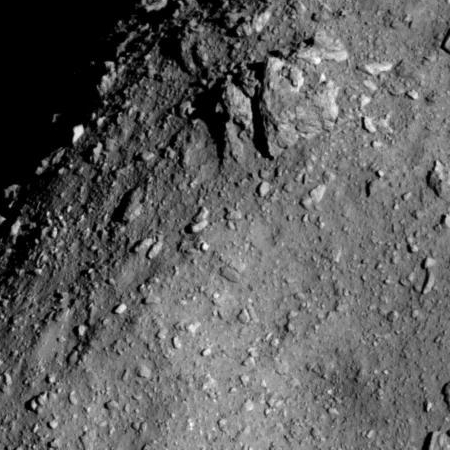Russian company that builds Proton rocket faces bankruptcy and reorganization
The Russian company that builds Russia’s Proton rocket now faces bankruptcy and reorganization.
By the middle of 2018, due to the dramatically slowed down rate of Proton launches, its manufacturers fell deeper into the red and needed federal funding to stay afloat. According to the official numbers, GKNPTs Khrunichev lost 23 billion rubles in 2017 and asked for a 30-billion infusion of cash from the government.
At the end of June, the Head of Roskosmos Dmitry Rogozin acknowledged an ongoing effort to fix the financial situation at Khrunichev and announced plans to accelerate the switch of the Russian launch operations from the Proton to the Angara family. Ironically, Roskosmos exacerbated the company’s debt with its penalties for missed production deadlines, even though Russian payloads slated to ride those delayed rockets were themselves years behind schedule and GKNPTs Khrunichev had no room to store large rocket components.
In an effort to raise capital, Khrunichev planned to sell a big part of its campus, located in the hyper-valuable real estate area of Moscow, to private developers. In the process, the company would also dramatically reduce its production capacity and cut its personnel in the Russian capital, shifting key manufacturing operations to Omsk, in Western Siberia. In another cost-saving measure, around 200 people were reported to be marked for layoffs at Proton’s launch facilities in Baikonur beginning in the fall of 2018.
The Russian government, rather than allow for competition, is working to prop the company up. So, rather than having new companies appear with new and better ideas, Russia will be saddled with an old company not good at innovating.
The Russian company that builds Russia’s Proton rocket now faces bankruptcy and reorganization.
By the middle of 2018, due to the dramatically slowed down rate of Proton launches, its manufacturers fell deeper into the red and needed federal funding to stay afloat. According to the official numbers, GKNPTs Khrunichev lost 23 billion rubles in 2017 and asked for a 30-billion infusion of cash from the government.
At the end of June, the Head of Roskosmos Dmitry Rogozin acknowledged an ongoing effort to fix the financial situation at Khrunichev and announced plans to accelerate the switch of the Russian launch operations from the Proton to the Angara family. Ironically, Roskosmos exacerbated the company’s debt with its penalties for missed production deadlines, even though Russian payloads slated to ride those delayed rockets were themselves years behind schedule and GKNPTs Khrunichev had no room to store large rocket components.
In an effort to raise capital, Khrunichev planned to sell a big part of its campus, located in the hyper-valuable real estate area of Moscow, to private developers. In the process, the company would also dramatically reduce its production capacity and cut its personnel in the Russian capital, shifting key manufacturing operations to Omsk, in Western Siberia. In another cost-saving measure, around 200 people were reported to be marked for layoffs at Proton’s launch facilities in Baikonur beginning in the fall of 2018.
The Russian government, rather than allow for competition, is working to prop the company up. So, rather than having new companies appear with new and better ideas, Russia will be saddled with an old company not good at innovating.





